Meet the 2023 Hot Desk Fellows
Meet the 21 writers taking part in the Hot Desk Fellowship program in 2023, and read more about their projects.
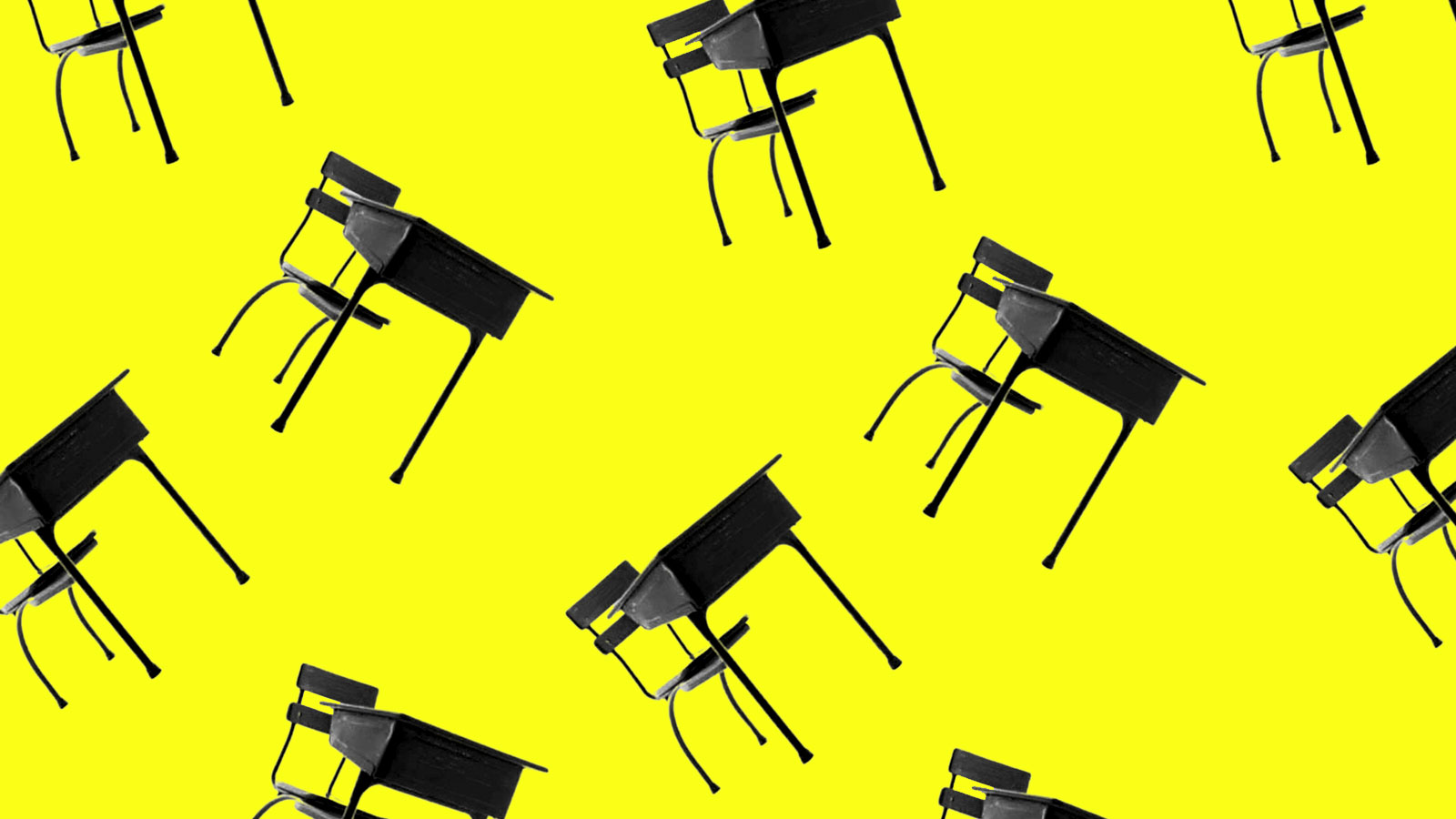
Meet the 2023 Hot Desk Fellows
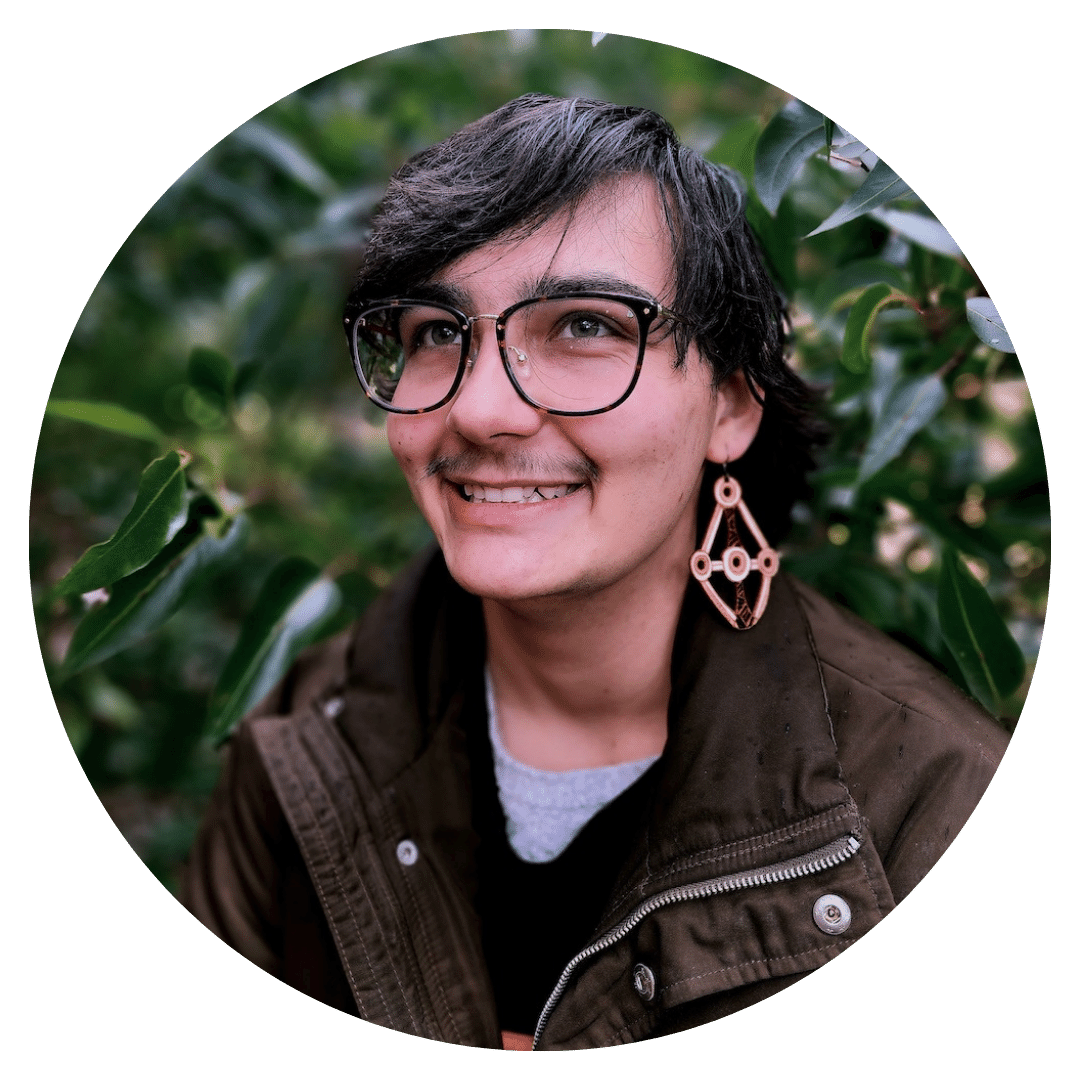
moirra

Caroline Arnoul

Sienna Barton

Sue deGennaro
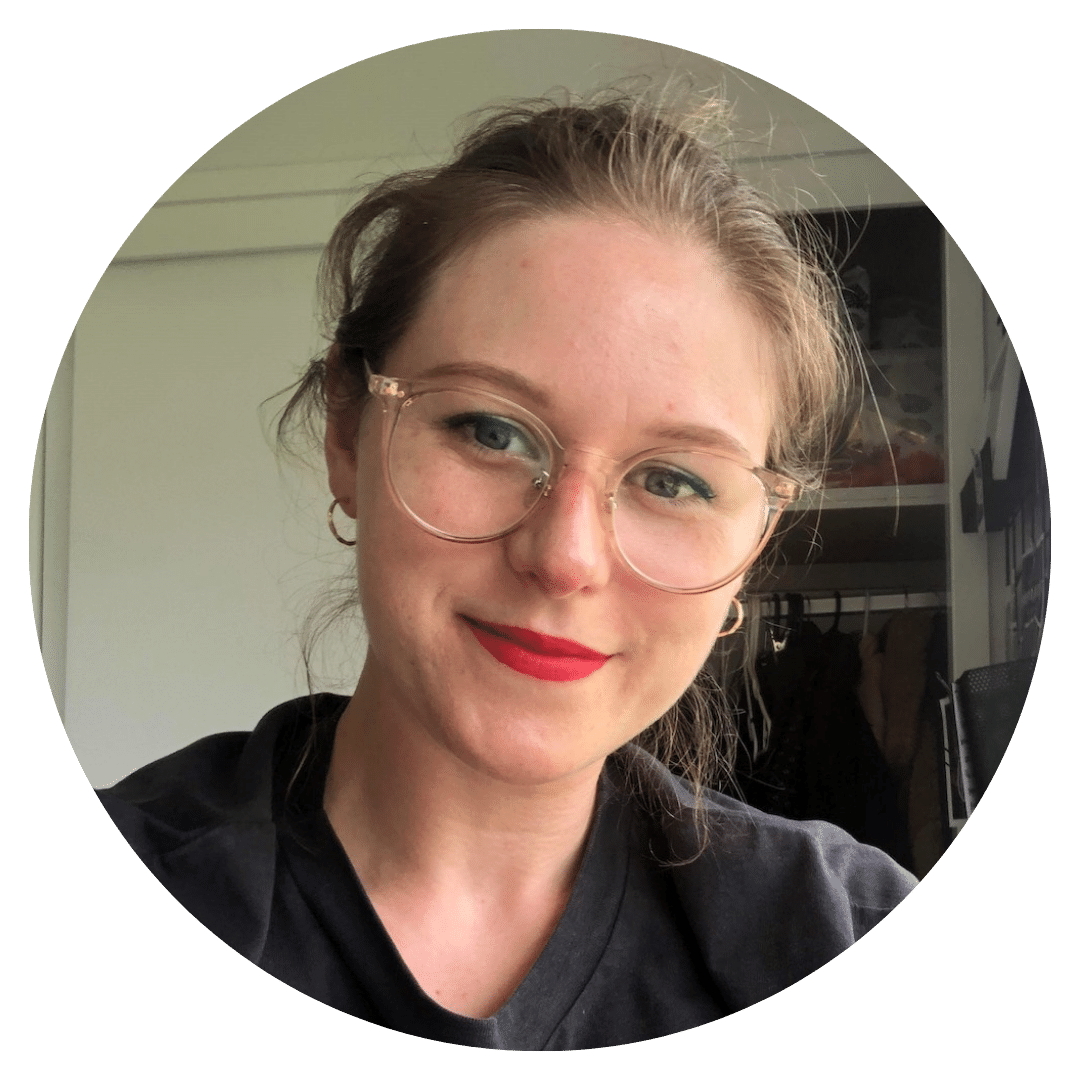
Elese Dowden

Anneliz Marie Erese

Mark Hewitt

Victoria Kenworthy

Lauren Mullings

Vivian Nguyen
Just Pretending Playwriting Fellow
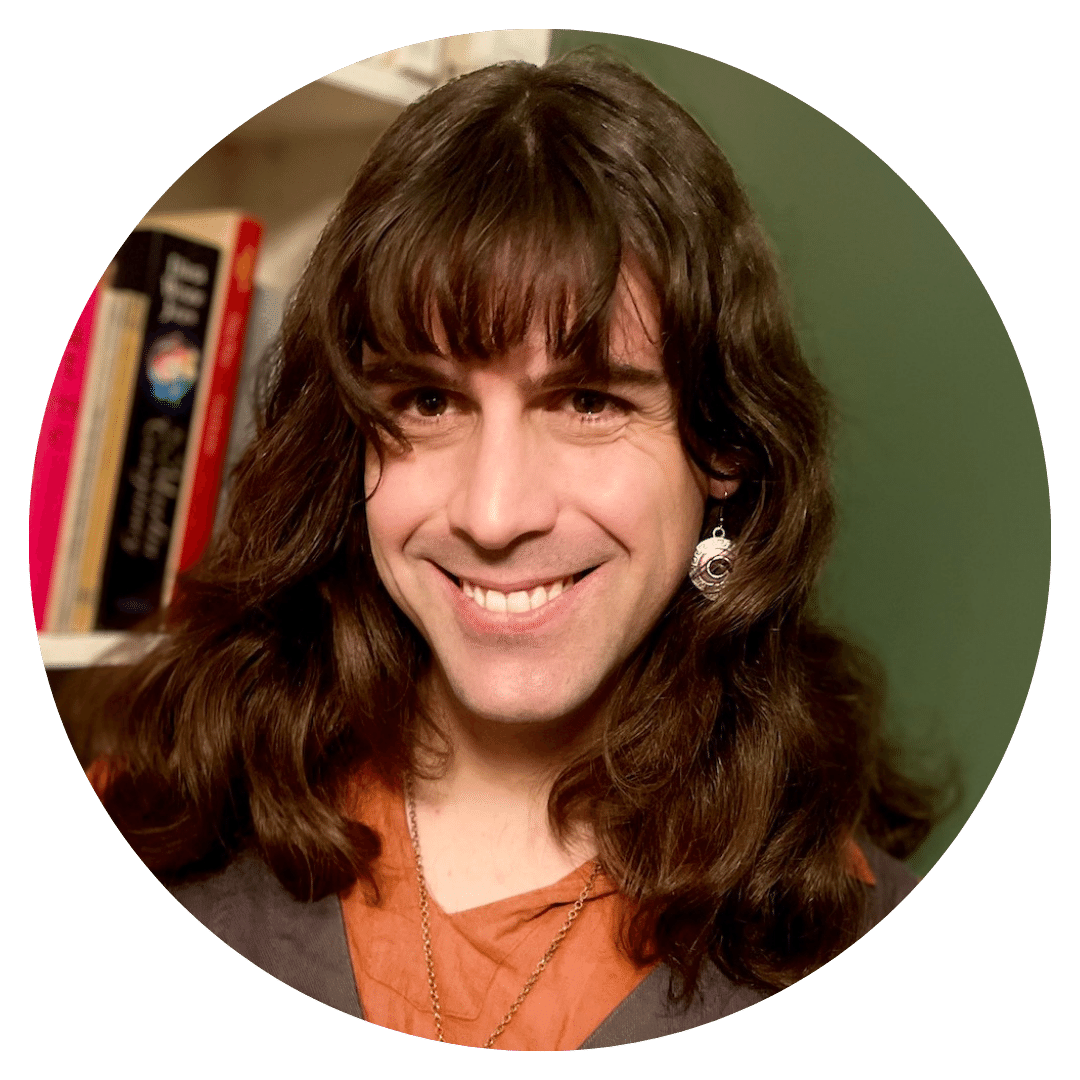
Jack Nicholls
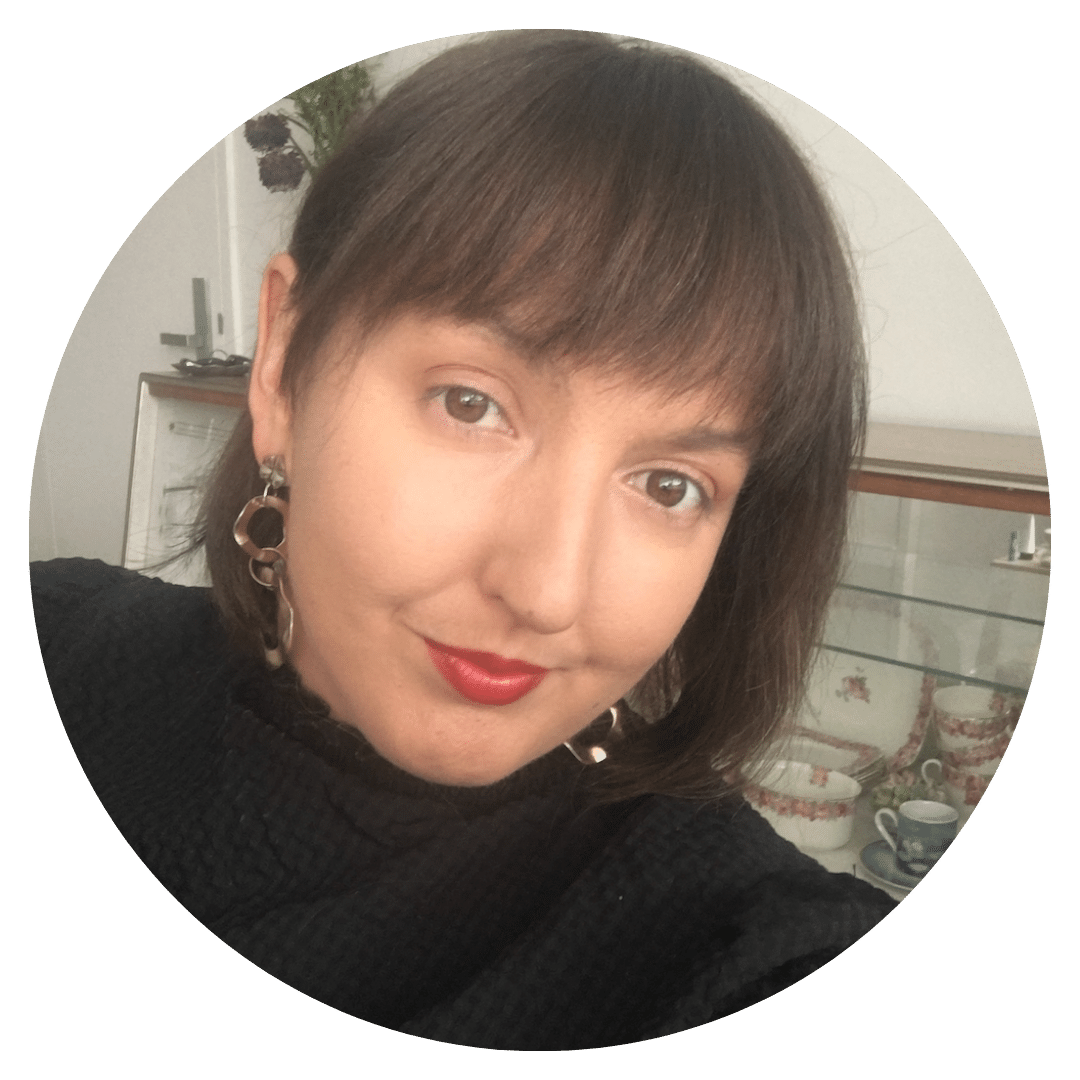
Ellen O’Brien
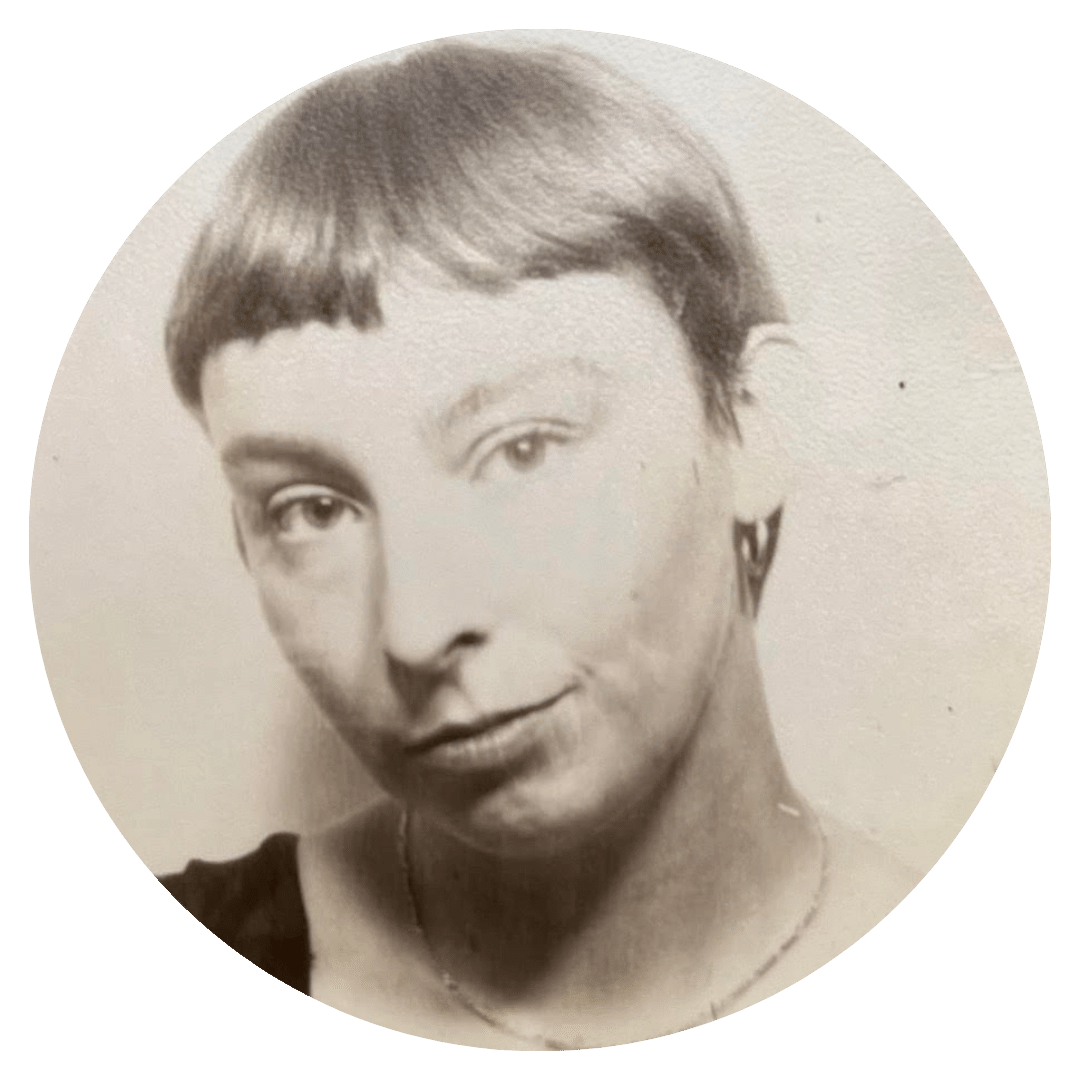
Lucy Robin

Shoshanna Rockman

Melanie Schuijers

Michelle Sewell

Anita Solak

Ruby Todd
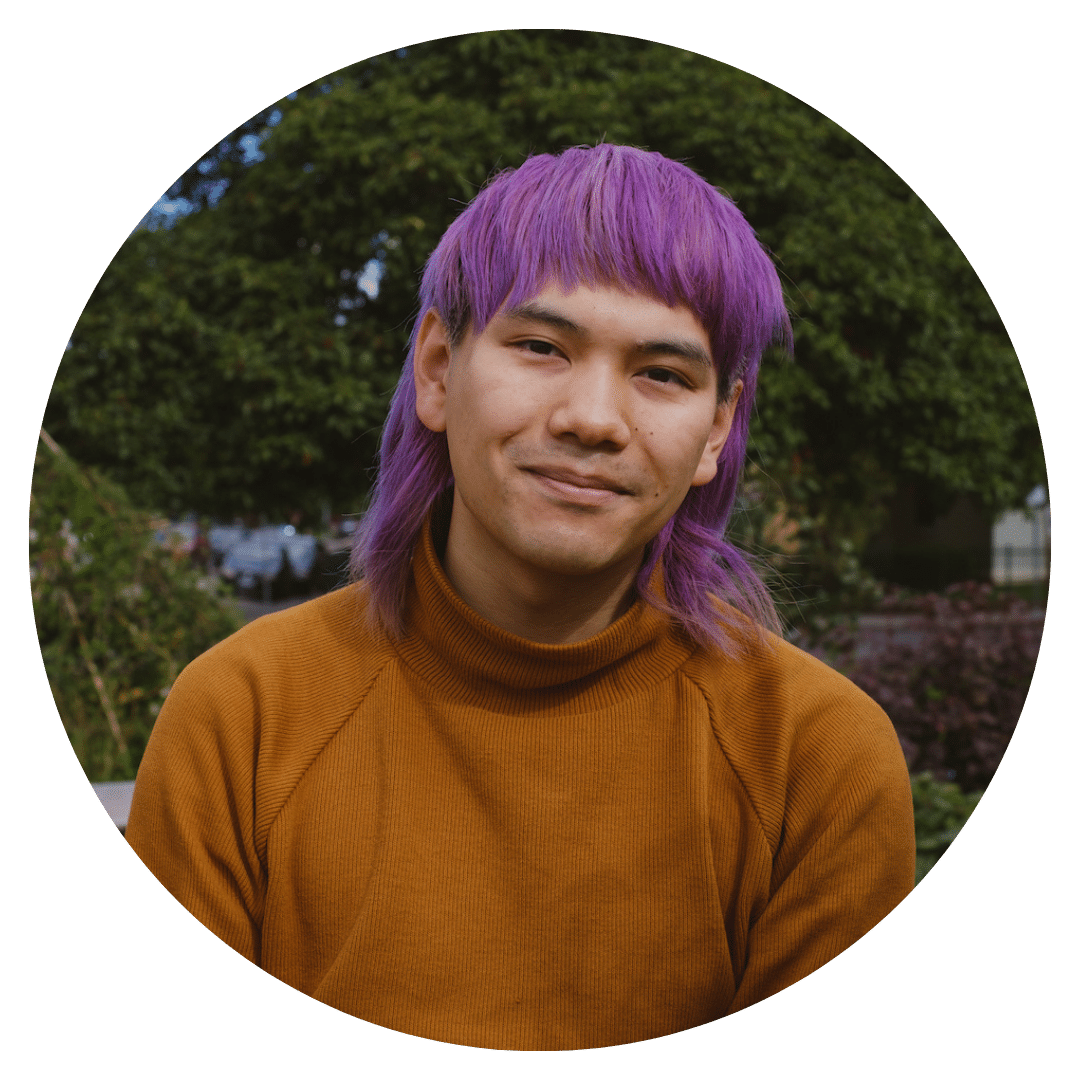
Jamie Tram
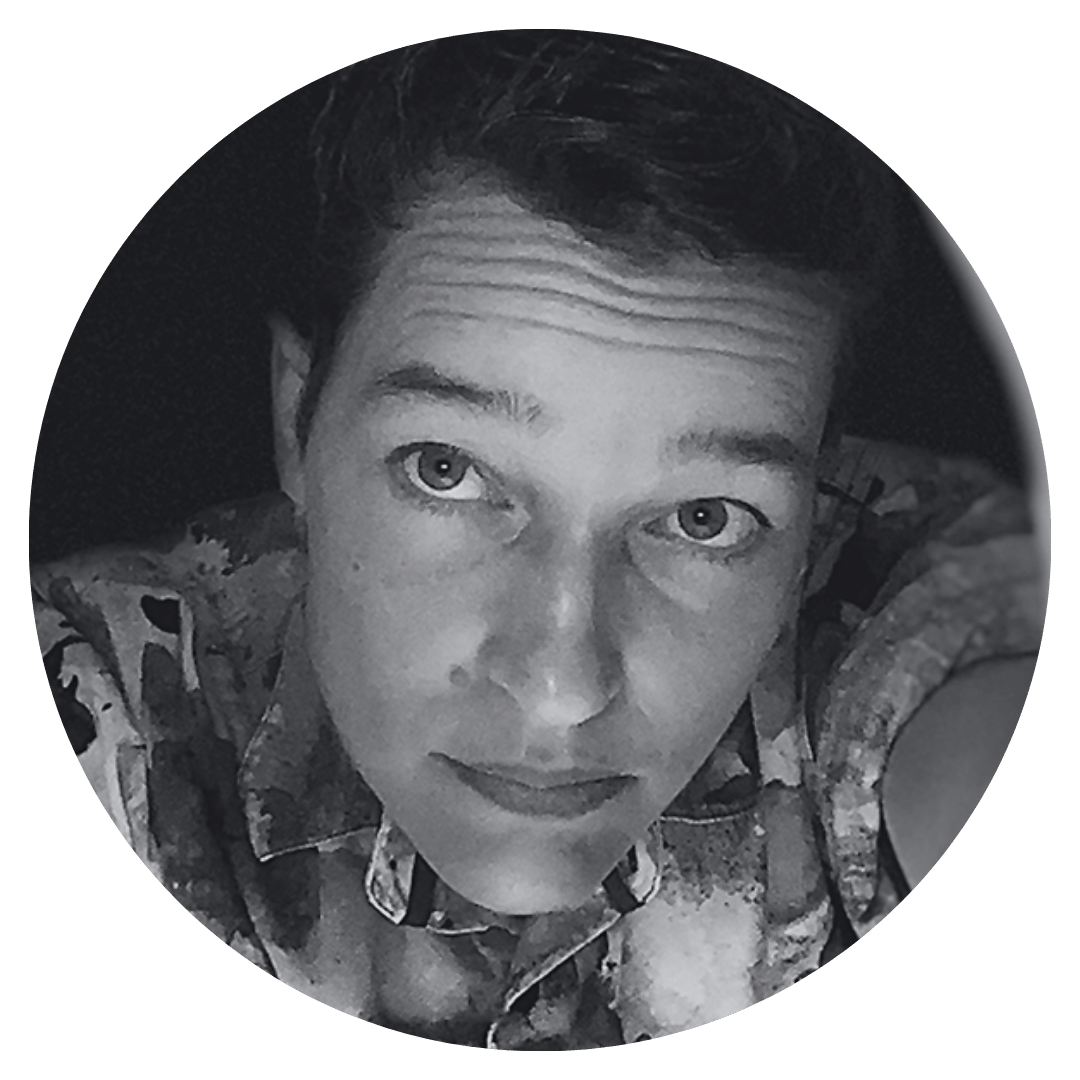
Kristen Tytler

Anthea Yang
It has been a privilege judging this year’s Hot Desk! With so many notable entries, it was a challenge selecting the final fellows.
From psycho-thriller and historical fiction to verse novella, poetry, and beyond, the depth of imagination was inspiring. I cruised along Punt Road on a high, sensed the looming threat of change for an isolotto commune, and had a brief lesson on scents. (Isovaleric acid smells like sweaty gym clothes).
Receiving a Hot Desk made me feel like my project had legs. It provided me with a stipend, a dedicated workspace, a supportive community, and the courage to take my work more seriously. I hope your experience is just as fulfilling! Congratulations to you all!
– Theresa Tully, 2022 Hot Desk fellow and 2023 judge
2023 Project Summaries
moirra
Little Suns (Speculative fiction)
Little Suns is a speculative fiction anthology of short stories that explores a mesmerising variety of ideas and themes. These include, but are not limited to: climate dystopian fiction featuring Blak queer love; navigating your therapy session during late-stage capitalist cyberpunk dystopias; a queer love story set within a regional country town, featuring fishing and an eldritch secret; embodied Sovereignty in Blak revenge horror; gender, desire, and sentience within non-Human entities; children exploring the ruins of an ancient prison; and how many ghosts you take home after work.
Caroline Arnoul
The Hunted (Young Adult Contemporary Thriller)
Franny Ryan is 16 and trying to work out where she fits in. She’s a vegetarian growing up on a cattle farm, the only girl in a family of boys and the sport-hating daughter of an ex-AFL footballer. Sometimes she feels like she’s in the wrong life. When a local girl goes missing, the police suspect Franny’s brothers. And when it becomes a murder investigation, the town turns against the family. Franny sets out to prove her brothers’ innocence. But is she prepared for what she might find? The Hunted investigates toxic masculinity, family pressures and standing up for what you know to be right.
Sienna Barton
I’m just a girl: essays on young womanhood in 2023 (Personal essays)
Personal essays from the perspective of a millennial woman. Ranging from topics like sexual assault, body dysmorphia, unfortunate dating experiences, relationships with parents. The tone is largely biting and funny, while tackling intense, taboo subjects.
Sue deGennaro
All the things I know, and all the things I don’t (Middle grade contemporary fiction)
When Clem turns up at the school gates in a pair of slippers, Scout knows something is not right. But when the whisperings of adults become the back drop of Scout’s world, her worst fears are confirmed. All the things I know, and all the things I don’t is an intergenerational story about memory loss and the ambiguity between what is real and what is made up. For Scout, it’s about knowing everything and nothing all at the same time.
Elese Dowden
the moral-viral memescape (Poetry prose)
This project will collate original academic and archival research from the archives of George Grey, Governor of South Australia (1841-1845), Governor of Cape Colony in South Africa (1854-1861), and twice Governor of New Zealand (1845-1853, 1861-1868), to produce a critical work of Australasian prose poetry reflecting on place and inheritance in the 21st Century.
Anneliz Marie Erese
International (Literary fiction)
International tells the story of a writing student from the Philippines. Following the breakdown of a relationship, she finds herself adrift in the inner suburbs of Melbourne. As she starts to build a new life, she becomes a fleeting and solitary body exploring what the city has to offer – friendship and love; material possessions; creative success; stability. The project will put a spotlight on the struggles of international students who want to belong in another country. And like anyone who desires to adopt a foreign country as home, the very act of wanting comes with a cost.
Mark Hewitt
Westie (Literary fiction)
Westie is a novel set in Melbourne in 2008. It traces the downward spiral of a drug-addicted, emotionally volatile 27-year-old man who befriends a reformed criminal at a ‘philosophy salon’. Despite a deep mutual distrust, the two become partners in crime, robbing houses together as an amphetamine-fuelled psychological drama unfolds between them. Narrated in first person via an unsent letter to the narrator’s therapist, Westie uses a highly subjective lens to explore ideas of cathartic violence and transgression.
Victoria Kenworthy
The Fall of Willie Bird (Historical fiction)
The Fall of Willie Bird is a work of historical fiction which will tell the (true) story of how one of the world’s largest, rarest, most beautiful — and most expensive — books, John James Audubon’s Birds of America, became a cherished item at Melbourne’s State Library of Victoria. This project tells the hidden story of how an impoverished teacher from Geelong once owned the world’s most expensive book, told through the eyes of the women around him. What caused the fall of Willie Bird?
Lauren Mullings
The Curiosity Man (Historical fiction)
The Curiosity Man, is a tale of courage, wit and resistance; it holds a mirror up to the terrifying trail left by a man of science revered by Civilisation, told through the voices of the surviving inhabitants. The Curiosity Man has an eye for the strange, absurd, and curious. His life has been devoted to scientific endeavour, his natural history collection is unparalleled. So are his living human exhibits. As daily life is systematically dismantled, the characters experience the subtleties of cultural, psychological, sexual and economic power, through their collective living memory. Walking a line between colonial truth and fiction, The Curiosity Man, examines the symbiosis of courage and violence.
Vivian Nguyen
Cocaine Bust (Play)
Cocaine Bust is a chamber piece unfolding over a night of celebration when drug trafficker Qui has been released from prison. Set in an abandoned car wash in Braybrook, four Asian men reunite with their cars but they’ve secretly come with their own scores to settle. Cocaine Bust is an unravelling of a brotherhood unique within the Asian diaspora, exploring violence and masculinity within a system that’s forced them to find other means to survive.
Jack Nicholls
Border Crossings (Magical realism/memoir)
Border Crossings is a magic-realist memoir of Jack’s life as a person caught between two genders, two countries and two historical epochs. The book will bring together science fiction tropes and autobiographical details to try and find a deeper truth about what it is like for all of us to live our consensual ‘normality’ under the shadow of climate collapse. Or perhaps it will morph into something totally different. Art is nothing if not unpredictable.
Ellen O’Brien
Modes of Creation (Non-fiction essays)
Modes of Creation explores the creative practice of living within a settler colonial state. The poetic essays contained in Modes of Creation challenge the western conception of a static self and question the pursuit of legibility within western paradigms for queer First Nations people. Modes of Creation invites readers to contemplate ways to understand our place in the world outside of individuation.
Lucy Robin
The Rooms (Fiction)
Until its demolition in 1987, West Hollywood’s Tropicana Motel was a seamy, near-sentient place, home to wanderers and musicians alike. The Rooms follows the motel’s two young housekeepers, Minnie and June, as they grow up in a swirling vortex of post-punk disorder. Years later, Melbourne-born June returns to Los Angeles to write an autobiography memorialising the motel, as well as her relationship with Minnie. Careering between the years 1978 and 2023, The Rooms probes at the sticky juncture of queerness, adolescence, and punk.
Shoshanna Rockman
It’s not about the oranges (Poetry)
A collection. A collision of chaos and courage. A reflection in four parts. Gendered violence and power imbalance infiltrate our houses, workplaces, bureaucracies, streets — and these pages. So often insidious, the ensuing trauma traverses generational divides, class and race, warping our panoramas. Indeed, trauma is elastic, but this work incites interrogation — with humour, hardiness and hope. Ironic in tone and accessible in language, the titular poem, ‘Because it’s not about the oranges’, rides the complex undercurrents of unspoken lives.
Melanie Schuijers
Bellyheart (Fiction)
A woman named Stars lives in a survivalist commune isolated by sea from the seemingly deteriorating outside world. When newcomers from the mainland arrive, Stars’ way of life is upheaved. This story is a slow opening of the eyes as Stars re-evaluates what her gut is telling her amidst the manipulation, fear, and secrets that drench the island. Bellyheart explores the reliability of intuition and the dystopian elements of our own society. It is a visceral and reflective psychological exploration for adult readers with echoes of the post-apocalyptic genre.
Michelle Sewell
Eliza (Play)
Eliza is a one woman adaptation of George Bernard Shaw’s Pygmalion, from the point of view of Eliza as a woman with Down Syndrome. The project has received two rounds of Arts Council England funding, working online with women around the world who identify as having lived experience of Down Syndrome. The project fuses music, text and movement to explore Eliza’s world and how society constructs, infantilises and creates barriers for women with disabilities.
Anita Solak
shadow of my split tongues (Poetry)
shadow of my split tongues (working title) is a multilingual poetry chapbook that plays with the failures of language. It will explore the relationship between memory, shame and loss and how domestic storytelling is linked to grief.
‘Every minute I don’t use my first languages they decay, every day I don’t ask my family questions, their stories, traditions and memories fade. This manuscript is the conversations I’ve wanted to have, the emails I haven’t sent, and the being held I’ve hoped for.’
Ruby Todd
Bright Objects (Literary fiction)
Bright Objects is an oddball literary thriller with astronomical themes and Gothic elements, set in regional New South Wales at the close of the twentieth century. Exploring loss, forgiveness, and the rise of conspiracy culture, it tells the story of Sylvia, a funeral attendant obsessed with avenging her husband’s untimely death, set against the backdrop of a town enthralled by a comet not seen for four thousand years.
Jamie Tram
Overachievers (Dramedy screenplay)
Overachievers is a screenplay set amongst the miasma of Zoomer solipsism and Asian-Australian excellence. In hangout-movie style, the story follows the misadventures of two elite students who stumble through five parties across year 12. Former ‘gifted child’ Amy is committed to coasting until a long-gestating breakup shatters her carefree lifestyle. Meanwhile, her childhood bestie Sam is a ruthlessly academic twink who gets his first taste of teenage hedonism when he falls for a mediocre arts student. It’s a story about adolescent entropy and decadence, embedded in the slippery dynamics of assimilation.
Kristen Tytler
Herman (Verse novella)
Herman is a verse novella about the first man to gestate three babies to full term with the aid of emerging DNA technology. Herman is thrown into the public spotlight when he gets himself in the family way. His marriage suffers as a consequence. It’s a queer-themed story about the way gender norms are reiterated through everyday interactions. With Herman, Tytler hopes to explore how bodies are rigorously policed – made vulnerable or monstrous – in the most banal moments of daily life.
Anthea Yang
Field Notes From an Interior Landscape (Poetry)
Anthea Yang’s poetry manuscript Field Notes from an Interior Landscape aims to examine how form, together with an embodied writing practice, can offer marginalised identities freedom to disrupt notions of a stable and singular self. Utilising fragmentation and autobiographical conventions to create an oscillation between the concrete and abstract, this project works to interrogate concepts of selfhood, womanhood and artmaking in the 21st century from an Asian-Australian perspective.
